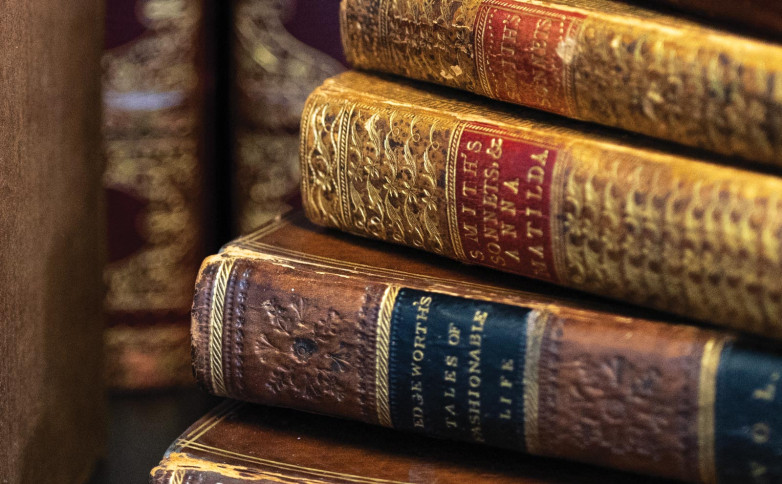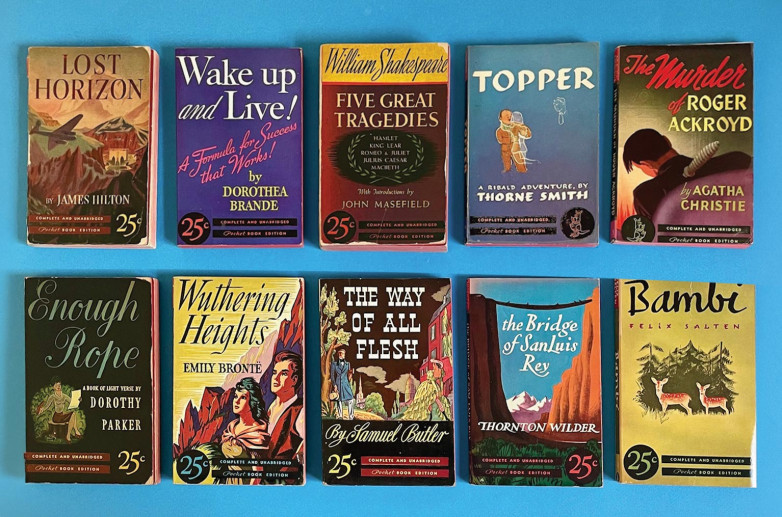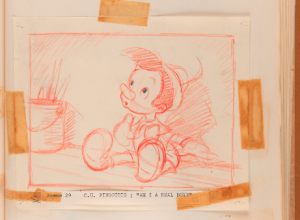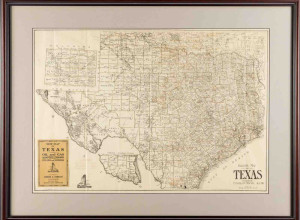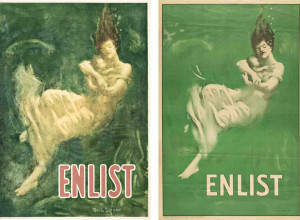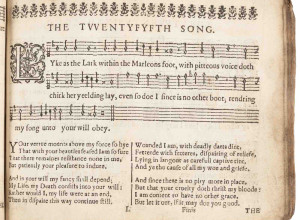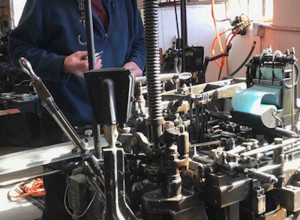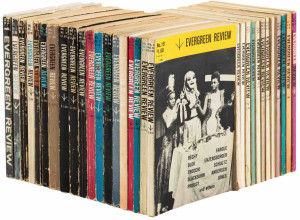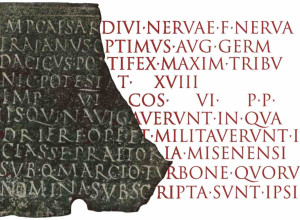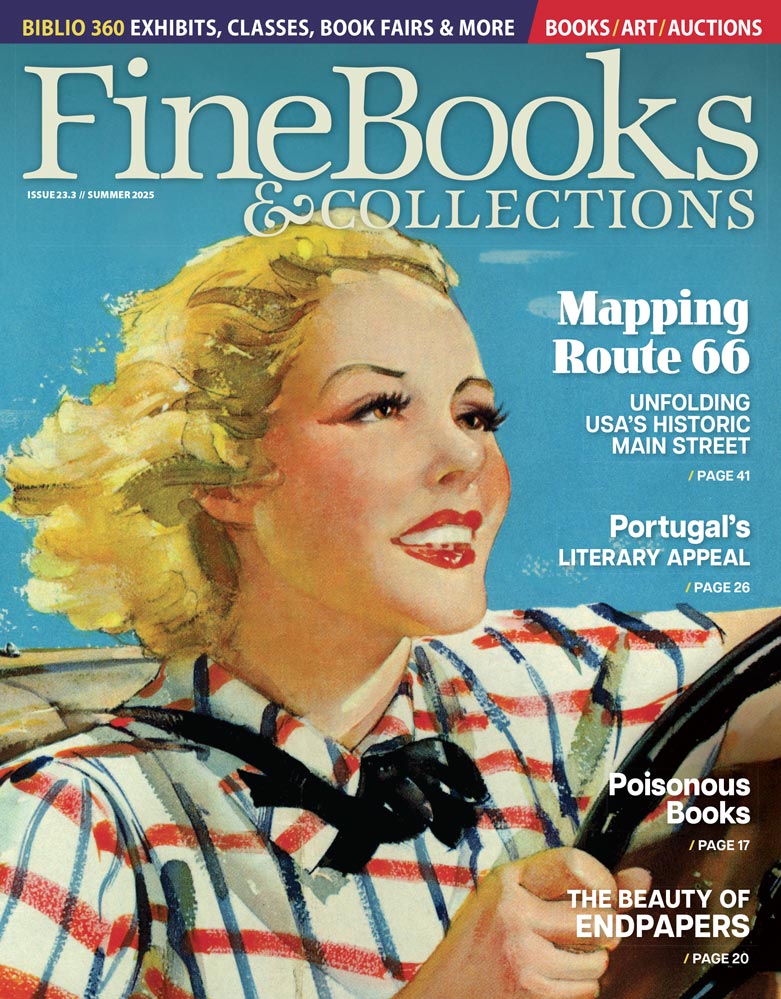Ralph Sipper, a book dealer based in San Francisco, currently represents a collection of over 1,200 Pocket Books built over four decades by James Madison, another rare book dealer who also collected books. Pocket Books launched in 1939, partnering with Simon & Schuster to introduce mass-market paperbacks to the United States. The imprint would go on to publish approximately 1,250 titles.
As paperbacks are notoriously fragile and ephemeral, Madison continually searched for better copies of the Pocket Books in his collection, regularly replacing poorer copies for those in finer condition. Madison adhered to what Sipper called the “Holy Trinity of book collecting—importance in its field, scarcity, and primacy of condition.”
Sipper also built up numerous book collections over the course of his bookselling career, but never had the intention to keep them for himself. His goal was always to eventually place the collections with a private or institutional collector.
“I have never regretted passing books along,” he said. “The pride of possession that accrues to collectors has little attraction for me. You could say that ‘having had’ can be just as satisfying as ‘having.’ It’s merely a matter of mindset.”
Rebecca Romney, co-founder of Type Punch Matrix in Washington, DC, also collects books, although when she first started in the trade she was reluctant to do so. “I didn’t mean to become a collector, and for a time I actively resisted it: I didn’t want the conflict of interest of dragging my feet to catalogue and sell something great because, deep inside, I wanted to keep it for myself.”
That all changed for Romney when a galley copy of Suzette Haden Elgin’s science fiction novel Native Tongue crossed her desk. “As a lifelong reader of science fiction with a degree in linguistics, I was irrepressibly drawn to this book,” she said. “So I kept it. But I didn’t consider myself a collector yet. That came with the second book: a first edition of Ursula K. Le Guin’s Earthsea novel The Farthest Shore from the library of her agent, Virginia Kidd. Once again, I had purchased it for the business, but when I had it in hand, I realized I couldn’t bear to sell it. One book is an exception. Two books is a collection.”
Kidd’s copy of The Farthest Shore is an example of an “association copy,” which can be loosely defined as a book that once belonged to the author, someone connected to the author, or someone related to the contents of the book. Romney soon began actively building her feminist science fiction association copy collection, but her collecting habits didn’t stop there. Romney typically collects in multiple areas simultaneously because it helps “balance my acquisitive urge with the patience required to wait for the best opportunities.”
Like Sipper, Romney sometimes builds collections with the intent to sell them. “This is what I did with my collection tracing the history of the romance novel in English; I created a catalogue of the collection and sold it en bloc to the Lilly Library at Indiana University, where it is currently on exhibition,” she said. “I’ve just finished another collection focusing on Jane Austen’s favorite women writers—the process of which I chronicle in my upcoming book, Jane Austen’s Bookshelf. I’ll be bringing those to sell at the New York International Antiquarian Book Fair in April.”
Would these dealers recommend that all dealers collect? It depends. For Brown, collecting has not had much influence on his dealing, besides “satisfying my natural instincts to assemble odd bits and pieces into something more coherent.” Instead, Brown’s collection satisfies a personal urge. “Like a lot of book collectors, I keep my collections private. … It’s sort of a private pleasure that I don’t want to have to explain to anyone.”
For Romney, however, she believes the experience of building collections enhances her abilities as a bookseller. “I’ve found that being a collector myself has been a tremendous boon to my business as a dealer,” she said. “It puts me in the shoes of people who are looking at my inventory, perhaps making choices between my copy and another copy, or trying to decide if something is the right fit, or even struggling with what the scope of their collection should be. I can advise on these matters not only from a professional perspective but also from a personal one.”
The decision to collect books for a dealer then, ultimately boils down to the question of whether or not the activity is enjoyable. As Romney said, “Collecting is supposed to be fun. Let collecting come from a place of joy and enthusiasm, not obligation.”
Sound advice for all collectors, whether they be dealers or not.




